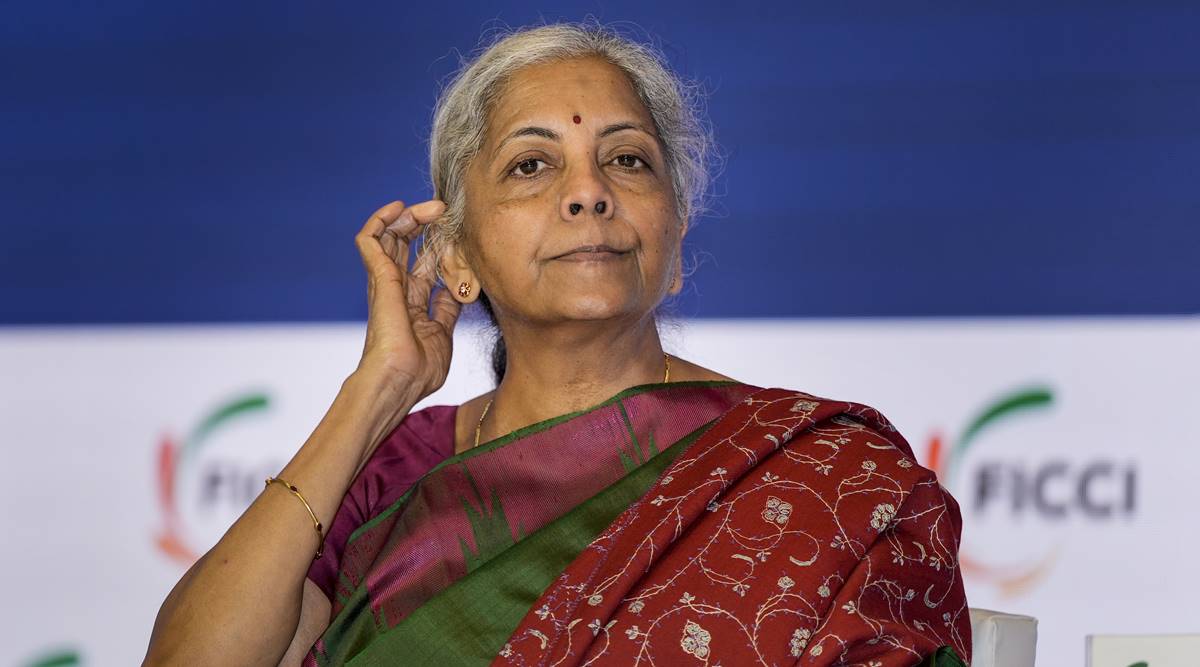Nirmala Sitharaman, an influential and dynamic leader, has carved a remarkable path in Indian politics. With her exceptional skills, indomitable spirit, and profound dedication to public service, Sitharaman has emerged as one of the most prominent figures in the Indian government. This article aims to shed light on her illustrious journey, notable accomplishments, and the impact she has made on India's economic landscape.
Early Life and Education:
Born on August 18, 1959, in Madurai, Tamil Nadu, Nirmala Sitharaman hails from a middle-class family. She completed her schooling in various cities due to her father's transferable job in the Indian Railways. Sitharaman pursued her bachelor's degree in Economics from Seethalakshmi Ramasamy College in Tiruchirappalli and later earned a master's degree from Jawaharlal Nehru University, New Delhi. Her academic pursuits laid a strong foundation for her understanding of economic principles and policies, which would prove invaluable in her political career.
Entry into Politics:
Nirmala Sitharaman's entry into politics was a watershed moment for Indian governance. She joined the Bharatiya Janata Party (BJP) in 2006 and quickly rose through the ranks. Her exceptional organizational skills, strategic acumen, and unwavering dedication caught the attention of senior party leaders. In recognition of her talents, Sitharaman was appointed as the national spokesperson of the BJP, where she skillfully presented the party's positions and policies on various national issues.
Rise to Prominence:
Sitharaman's rise to prominence accelerated when she was appointed as the Minister of State for Finance and Corporate Affairs in 2014, under the leadership of Prime Minister Narendra Modi. Her astute financial acumen and commitment to economic reforms caught the attention of the nation. In 2017, she became the first full-time female Finance Minister of India, a significant milestone in the country's history.
Economic Reforms and Initiatives:
Under Sitharaman's stewardship, the Indian economy witnessed significant reforms and policy initiatives. She played a pivotal role in implementing the Goods and Services Tax (GST), one of the most substantial tax reforms in India's history. Her efforts to streamline tax processes and promote ease of doing business have been crucial in attracting foreign investments and boosting economic growth.
During the COVID-19 pandemic, Sitharaman spearheaded several initiatives to mitigate the economic impact on vulnerable sections of society. The Atmanirbhar Bharat Abhiyan (Self-Reliant India Campaign) was launched to revive various sectors, provide financial relief, and support indigenous industries. She also announced landmark reforms in agriculture, labor, and corporate sectors, aiming to transform the Indian economy into a vibrant and self-sustaining powerhouse.
Women Empowerment:
As a trailblazer herself, Nirmala Sitharaman has been a staunch advocate for women's empowerment. She has championed policies to increase women's participation in the workforce and address gender inequality. Sitharaman's efforts to enhance financial inclusion for women, promote women entrepreneurship, and ensure their safety and security have left an indelible impact on society.
Nirmala Sitharaman's journey in Indian politics is a testament to her unwavering commitment, dedication, and exceptional leadership qualities. As the Finance Minister of India, she has successfully steered the country's economic policies through unprecedented challenges. Sitharaman's ability to implement transformative reforms, support marginalized communities, and empower women has set a remarkable example for future generations. With her remarkable achievements, Nirmala Sitharaman has secured her place in the annals of Indian politics as a visionary leader and a catalyst for change.
